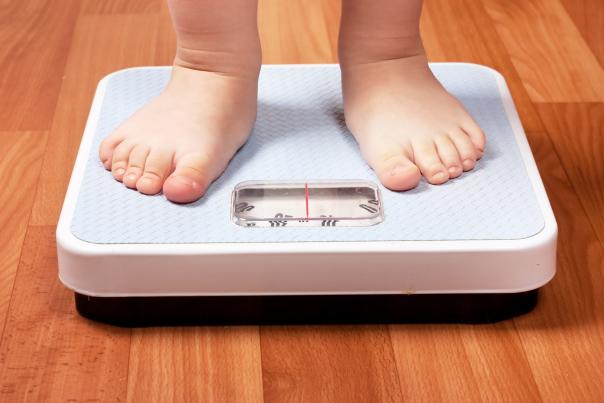
Dr Sarah Wollaston organised the debate, which saw contributions from across the political spectrum, and called for the strategy to look at every single aspect of tackling childhood obesity.
In her opening remarks, Wollaston said: “Too often, I hear people saying that it is all about education, or about getting children to move more in PE at school, but I would say that there is no single measure. We all know that this is an extremely complex problem that requires action at every level.
“I therefore call on the Minister to look at every single aspect of tackling childhood obesity. If we were running a cycling team hoping to win the Olympics, we would realise that we could not achieve success if we left any of the factors out, so let us apply that principle here.
Sharon Hodgson, MP for Washington and Sunderland West (Lab), spoke about how school food can play a significant role in addressing the crisis. She said: “When the Government’s childhood obesity strategy is published, I hope that there will be significant mention of the benefits that school food, especially universal free school meals, can have on a child’s health, and of how it can be used to address the growing childhood obesity crisis. There is evidence out there to support using universal free school meal provision to its fullest, instead of squandering its potential, to improve the health of our children.
“This is a moment when the Government can really make a difference to children’s lives and I hope that all options and avenues will be pursued so that children are given the healthy food that they need to fuel their education and to make them as healthy a version of themselves as possible so that they grow into fit and healthy adults.”
There was much support from many members about the possible introduction of a sugar tax, which was recently introduced at City Hall.
Steve Double, MP for St Austell and Newquay (Con), said: “I believe that the Government should seriously consider introducing a sugar tax, because it would send a clear message about what is right and help people to make the right choices. In this country we have many taxes that are designed not only to raise revenue, but to educate and to influence people in the choices they make.
“I think that a sugar tax would be another step towards helping people, and particularly helping parents to help their children, to make the right choices. It would send a clear message that sugary drinks are not good for us. The Government would also be seen to be providing leadership on the issue, making a very clear and bold statement.”
However, Will Quince, MP for Colchester, said: “I think that sugar tax is completely the wrong answer. A sugar tax is liberal and patronising - in my view, nanny statism at its worst.
“Sugar tax advocates have pointed out the introduction of a sugar tax in Mexico and the corresponding 6% decline in soft drink sales since the tax was introduced. However, research in The BMJ does not show evidence of a link between the introduction of the tax and the small decline in soft drinks consumption. Further taxes on non-essential energy dense foods were also introduced at the same time as the sugar tax, and they accounted for a higher proportion of Mexicans’ daily calorific intake.”
In her response to Jane Ellison, Parliamentarty Under-Secretary of State for Health, said: "There has been a consensus around a number of facts, although one key one stood out: obesity is a complex issue, which the Government cannot tackle alone. Businesses, health professionals, schools, local authorities, families and individuals all have a role to play, as does Parliament.
"We are going to be spending £16 billion on public health. We can complement local action with national initiatives, and we will talk more about that when we publish our strategy."
To read the full Commons debate on the childhood obesity strategy, click here. The Government's childhood obesity strategy is expected to be published in the coming months.